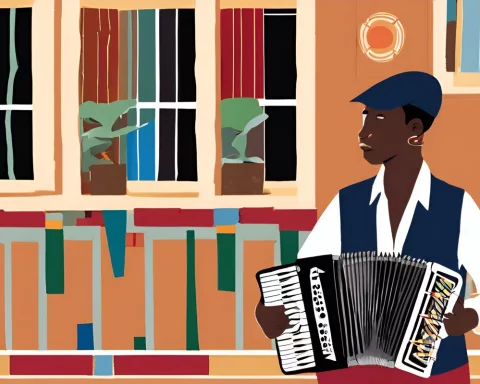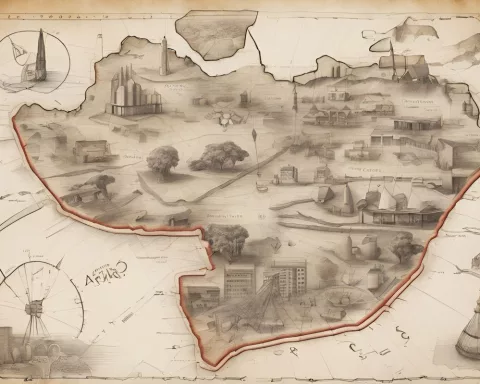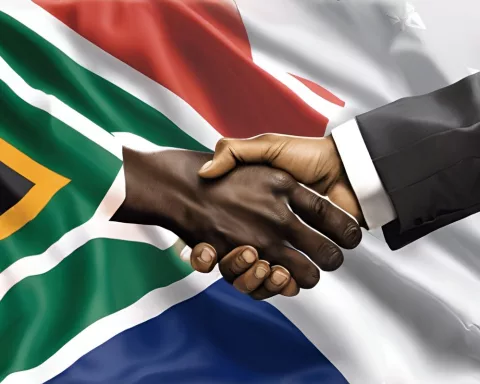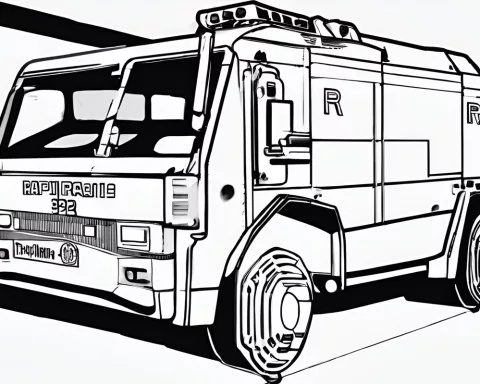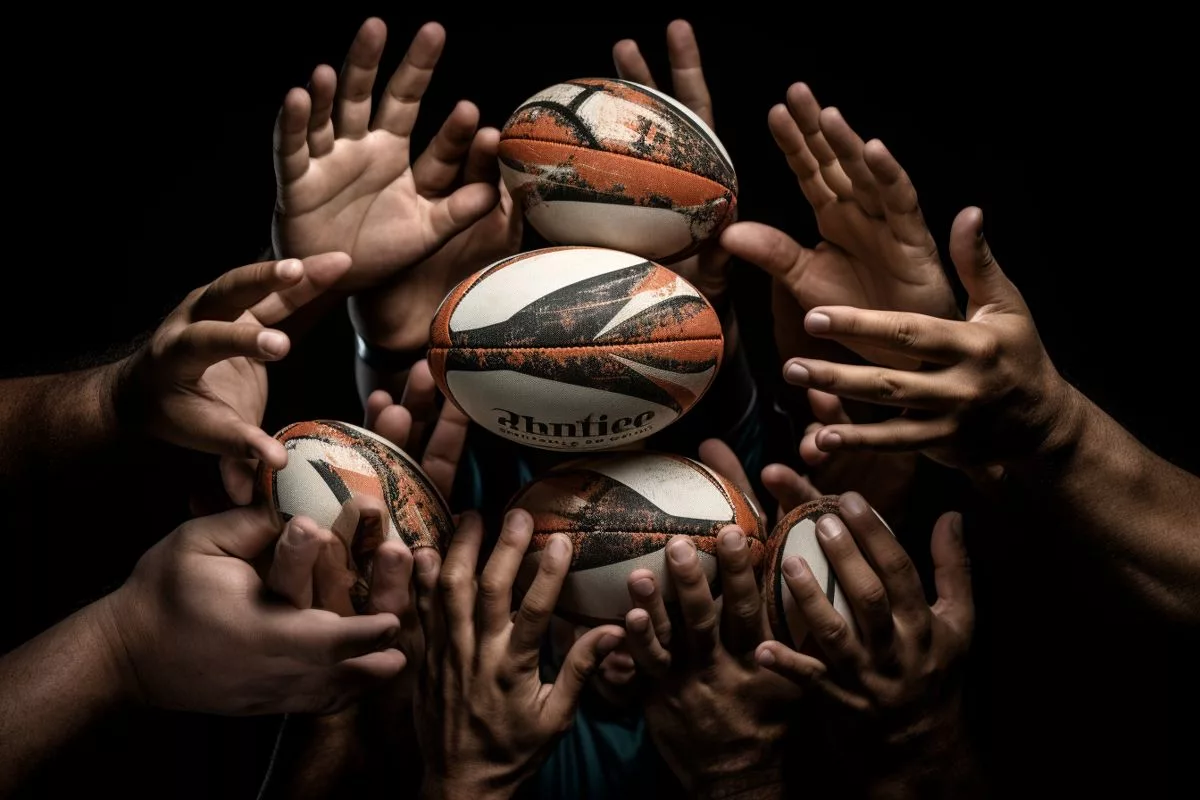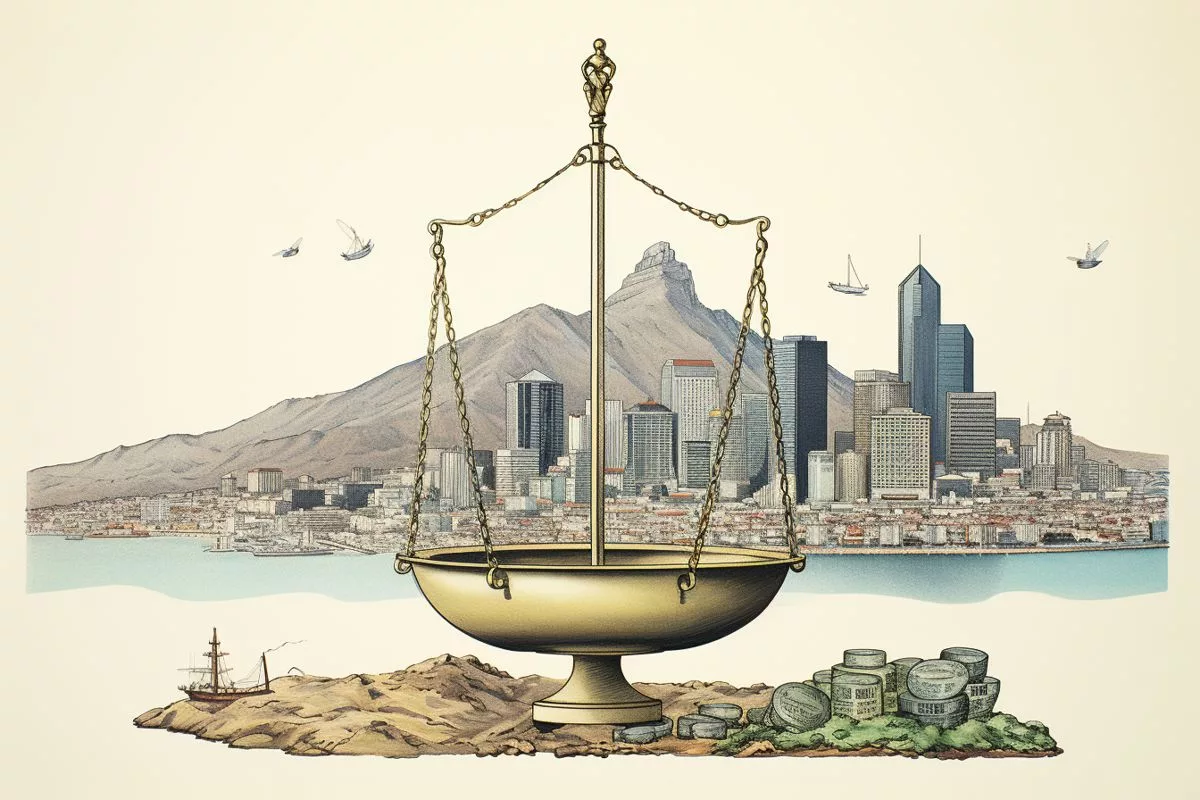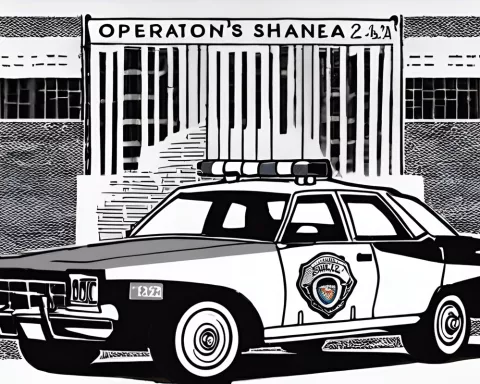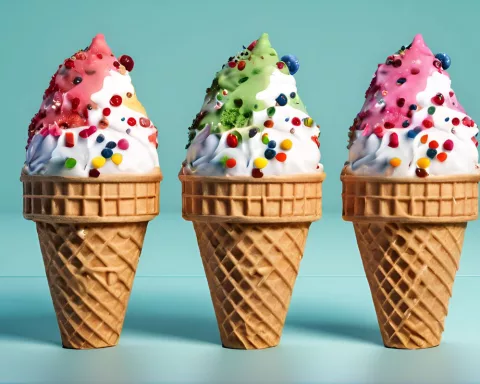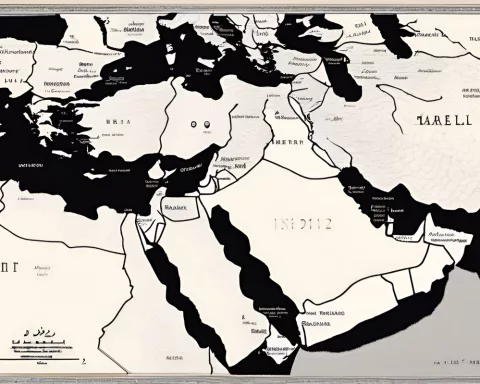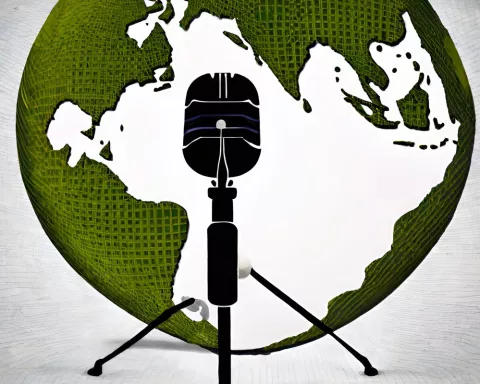South Africa’s mRNA vaccine development is threatened by Moderna’s extensive patents in the country, which could potentially cover any mRNA technology. Outdated intellectual property regulations facilitated the granting of these patents, and Moderna’s actions against other pharmaceutical companies suggest a desire for total control over mRNA technology. South Africa urgently requires comprehensive patent examination procedures, avenues to oppose patents before and after they’re awarded, and efficient compulsory and government-use processes to safeguard its scientific innovations and ensure accessible and affordable healthcare for its citizens. The clock is ticking, and legislative action is needed to protect South Africa’s contributions to global health and its citizens’ right to affordable healthcare.
“How do Moderna’s patent allegations affect South Africa’s mRNA vaccine development?”
Moderna’s extensive patents in South Africa present a significant threat to the country’s mRNA vaccine development. The outdated intellectual property system’s regulations facilitated the granting of these patents, and Moderna’s actions against Pfizer and BioNTech suggest a desire for total control over mRNA technology. South Africa urgently requires comprehensive patent examination procedures, avenues to oppose patents before and after they’re awarded, and efficient compulsory and government-use processes. The expectation is that South Africa will establish a fair, transparent, and efficient patent system that safeguards its scientific innovations while ensuring accessible and affordable healthcare for its citizens.
Pioneering the Vaccine Race
In the realm of pharmaceutical powerhouses, South Africa’s scientific fraternity has risen to prominence. However, their noteworthy endeavors in the investigation and creation of mRNA vaccines for various diseases are now in jeopardy due to patent allegations by Moderna, an international pharmaceutical firm. This potential violation of South Africa’s intellectual property exposes the intricacies of the country’s patent legislation and the pressing need for its revision.
Moderna, a forerunner in the Covid-19 vaccine competition, made a significant discovery with the assistance of the US government, creating a vaccine based on mRNA technology. Pfizer and BioNTech, two additional pharmaceutical behemoths, exploited the same technology to create their vaccines. A struggle over patent rights, marked by charges of “patent violation” and legal disputes, was perhaps inevitable. Yet, it was greeted with worldwide astonishment when Moderna declared its intention to sue Pfizer and BioNTech, even though all three corporations have profited significantly from the production and distribution of Covid vaccines.
A fortnight ago, the European Patent Office rescinded one of Moderna’s patents, an action perceived as a defensive measure for BioNTech, a German firm. This emphasizes the pivotal role governments and their entities play in protecting valuable intellectual property, especially those deemed crucial to national interests.
Patent Protections and Problems
Regrettably, this protective system does not extend to South Africa. Despite the former president, Nelson Mandela’s well-known stand against Big Pharma to secure affordable HIV drugs, and the current government’s attempts to procure a global waiver of intellectual property laws for Covid vaccines, archaic apartheid-era regulations continue to obstruct progress. These rules accept patent applications without thoroughly assessing their worthiness or providing due process to challenge them before they are granted. For instance, Moderna’s patents for mRNA-related technology in South Africa have endangered the nation’s acclaimed mRNA vaccine production project, spearheaded by the World Health Organisation (WHO).
Although effective Covid vaccines have been rapidly developed globally, intellectual property regulations have stymied South Africa’s production efforts. Western nations blocked South Africa’s attempts to suspend global rules, imposing an unjust waiting period and steep prices for vaccines. This predicament climaxed when, during South Africa’s third Covid wave, Johnson & Johnson, favoring European consumers, shipped vaccines produced in South Africa’s Eastern Cape to Europe.
In these seemingly grim times, a ray of optimism surfaced. Afrigen, a small biotech firm based in Cape Town, in collaboration with South African universities and the South African Medical Research Council, crafted an mRNA vaccine using publicly available information. This accomplishment, endorsed by WHO, highlighted the potential for swift vaccine technology sharing among low and middle-income countries, hopefully preventing a recurrence of the global inequality witnessed during the Covid vaccine distribution.
Challenges and Calls for Change
However, Moderna’s extensive patents in South Africa, which could potentially cover any mRNA technology, present a significant threat. South Africa’s outdated intellectual property system’s regulations facilitated the granting of these patents. This scenario has prompted health and legal entities to sound the alarm that the mRNA program is vulnerable to patent assertions from Moderna.
The Medicines Patent Pool, tasked with implementing the project for WHO, has called on each program partner in the Global South to address their patent problems. However, Moderna’s actions against Pfizer and BioNTech suggest a desire for total control over mRNA technology. This situation raises a disconcerting question: what if Moderna targets the WHO-backed program next?
Earlier this year, the Health Justice Initiative successfully pressured the Department of Health to reveal confidential agreements with Covid vaccine producers. These documents disclosed uneven negotiations, with pharmaceutical firms coercing the South African government into unfavorable prices, terms, and conditions.
In response to this predicament, the Health Justice Initiative is planning to sue the government again to expedite the implementation of the Patent Amendment Act. South Africa urgently requires comprehensive patent examination procedures, avenues to oppose patents before and after they’re awarded, and efficient compulsory and government-use processes.
As South Africa navigates this complex legal maze, the expectation is that it will establish a fair, transparent, and efficient patent system that safeguards its scientific innovations while ensuring accessible and affordable healthcare for its citizens. The clock is ticking. Moderna’s patent allegations underscore the urgent need for legislative action to protect South Africa’s contributions to global health and its citizens’ right to affordable healthcare.
What is the issue with Moderna’s patents in South Africa’s mRNA vaccine development?
Moderna’s extensive patents in South Africa could potentially cover any mRNA technology, presenting a significant threat to the country’s mRNA vaccine development. The outdated intellectual property system’s regulations facilitated the granting of these patents, and Moderna’s actions against Pfizer and BioNTech suggest a desire for total control over mRNA technology.
What does South Africa urgently require to safeguard its scientific innovations?
South Africa urgently requires comprehensive patent examination procedures, avenues to oppose patents before and after they’re awarded, and efficient compulsory and government-use processes to safeguard its scientific innovations and ensure accessible and affordable healthcare for its citizens.
What role do governments and their entities play in protecting valuable intellectual property?
The European Patent Office’s recent rescinding of one of Moderna’s patents highlights the pivotal role governments and their entities play in protecting valuable intellectual property, especially those deemed crucial to national interests.
What obstacles have intellectual property regulations caused in South Africa’s production of Covid-19 vaccines?
Despite attempts to procure a global waiver of intellectual property laws for Covid-19 vaccines, archaic apartheid-era regulations continue to obstruct progress in South Africa. The rules accept patent applications without thoroughly assessing their worthiness or providing due process to challenge them before they are granted. This has led to steep prices and blocked attempts to produce vaccines in the country.
What is Afrigen, and what accomplishment did they achieve?
Afrigen is a small biotech firm based in Cape Town, in collaboration with South African universities and the South African Medical Research Council. They crafted an mRNA vaccine using publicly available information, endorsed by the WHO, highlighting the potential for swift vaccine technology sharing among low and middle-income countries.
What is the Health Justice Initiative, and what action are they planning to take?
The Health Justice Initiative successfully pressured the Department of Health to reveal confidential agreements with Covid-19 vaccine producers, disclosing uneven negotiations with unfavorable prices, terms, and conditions. They are planning to sue the government again to expedite the implementation of the Patent Amendment Act, calling for a fair, transparent, and efficient patent system that safeguards scientific innovations while ensuring accessible and affordable healthcare for citizens.


